- Take regular samples to improve our understanding of raw water quality, and identify potential sources and pathways of pollutants
- Characterise potential hazards in the catchment and understand the risk they pose to water quality
- Use Geographic Information System (GIS) mapping techniques to identify ‘high risk’ areas of pollution, and where we should focus our efforts
- Raise awareness of the current and emerging water quality concerns with key stakeholders, including farmers, Natural England, the Environment Agency and Rivers Trusts
- Work with landowners, farmers and other stakeholders to tackle the water quality issues we face
Catchment management
It's important that we work to improve the quality of the raw water we then treat to supply to our customers.
Catchment management
We're working with local farmers and landowners to protect the quality of our water at source, in ways that enhance nature and improve lives.
Around 85 per cent of our water supply comes from groundwater beneath our feet, in the chalk aquifers of the North Downs or Greensand further south. The remaining 15 per cent comes from Bough Beech reservoir, near Edenbridge, that is filled during winter with water pumped from the River Eden.
The water we supply to consumers has to meet strict drinking water standards, which include limits on pollutants such as nutrients, pesticides and other chemicals. Different land uses, such as agriculture, residential and industry, can introduce contaminants into the raw water supply by infiltration into groundwater or via surface run-off into rivers.
Catchment management aims to prevent pollution at source rather than relying on ‘end of pipe’ solutions, such as more energy intensive treatment processes. It is a more sustainable and cost-effective way of tackling water quality issues and can have many wider benefits for the environment and local communities too.
The groundwater and surface water catchments, where land use can impact raw water quality, are highlighted in the map below. These are the areas of focus for our catchment management strategy.
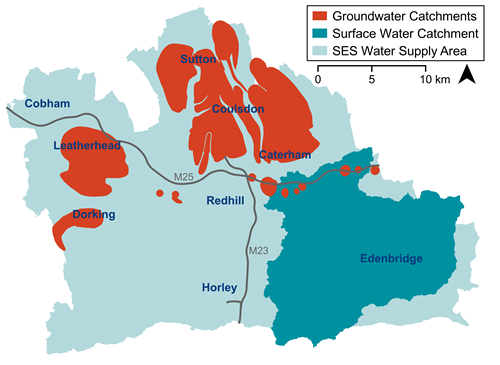
Contact us
For more information, please contact the Catchment team at catchment@seswater.co.uk or call Ria Woodfield on 07741 616244.

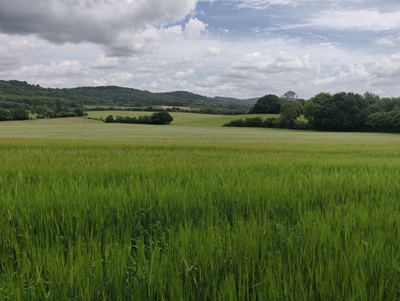
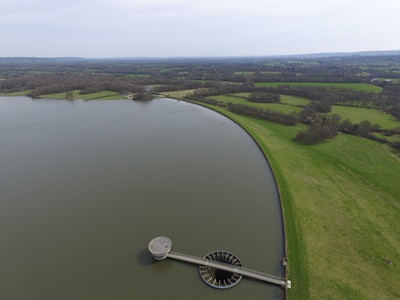
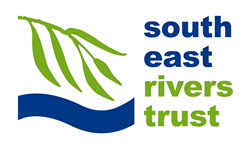 The South East Rivers Trust
The South East Rivers Trust 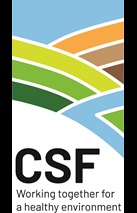

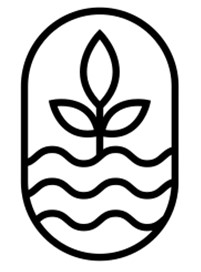 River Mole River Watch is a charity made up of individuals and groups who care about the River Mole and are working together to return the river to a good ecological state for wildlife, plants and people. SES Water has funded water quality monitoring equipment for the group to aid with their campaign and provide data to help inform our ongoing work. For more information click
River Mole River Watch is a charity made up of individuals and groups who care about the River Mole and are working together to return the river to a good ecological state for wildlife, plants and people. SES Water has funded water quality monitoring equipment for the group to aid with their campaign and provide data to help inform our ongoing work. For more information click